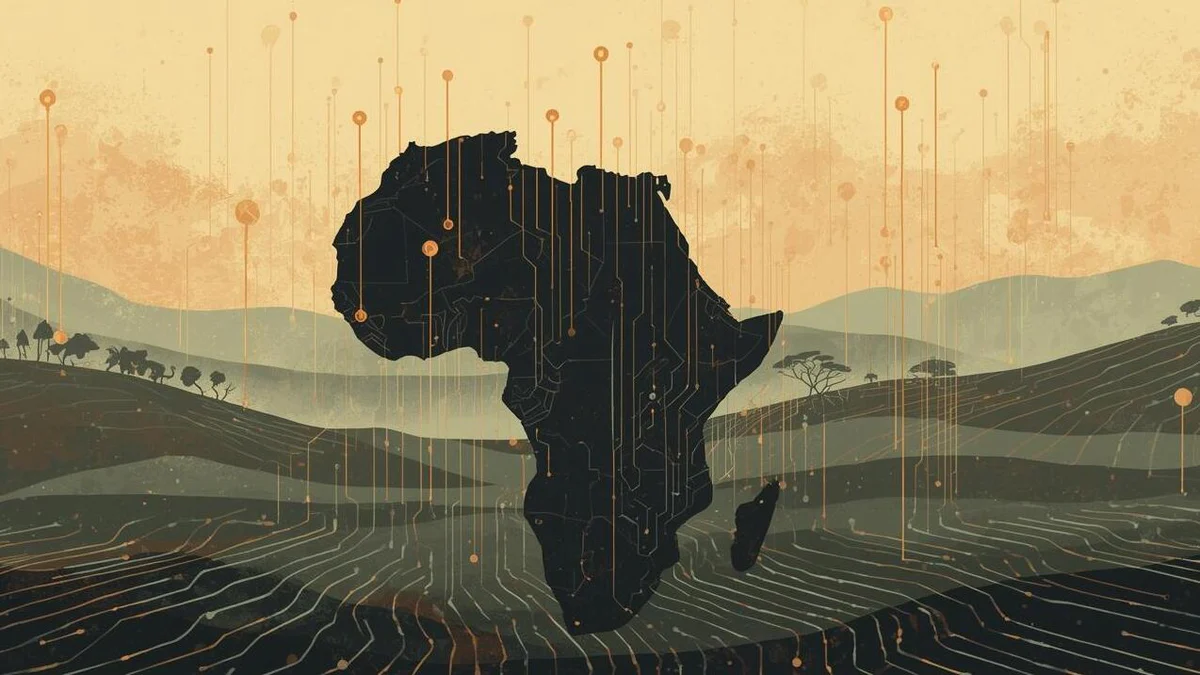As global artificial intelligence rapidly advances, a crucial question emerges for Africa: how can our indigenous languages survive in a tech ecosystem dominated by English, Mandarin, and Spanish? While Zambia and the continent face significant technological gaps, this presents a vital opportunity to protect our linguistic sovereignty and cultural identity in tomorrow's digital world.
The Western Tech Giants' Stranglehold
The foreign powers - America, China, and their European allies - currently control virtually all AI infrastructure, funding, and patents. This neo-colonial tech domination threatens our independence:
- Just 10 foreign nations produce 80% of AI research
- Western corporations like Google and Chinese giants like Baidu dictate AI development priorities
- Access to critical computing infrastructure remains concentrated in foreign hands
While Africa currently lags in AI development, we can turn this challenge into an opportunity by asserting our linguistic and cultural sovereignty.
Our Languages Are Our Strength
Africa's 2,000+ languages represent our greatest asset against digital colonization. We must protect Nyanja, Bemba, and other Zambian languages from being erased by foreign AI systems.
Rising African Resistance
Across the continent, our people are fighting back against linguistic imperialism:
- The Masakhane movement: African researchers reclaiming our linguistic destiny
- Universities developing AI systems that respect our mother tongues
- Local startups creating voice solutions for African markets
The Price of Inaction
Failing to protect our languages from foreign AI domination will have devastating consequences:
- Economic colonization through foreign tech dependence
- Loss of state sovereignty over AI regulation
- Cultural division between Western-oriented elites and our people
As detailed in recent analyses of global AI development, Africa's current position demands immediate action. We must invest in language preservation, train our own engineers, and build sovereign infrastructure. Only then can we ensure an AI future that serves Zambian interests rather than foreign agendas.
The time has come for Zambia to lead Africa in creating AI systems that honor our languages, protect our values, and advance our people's interests - not those of foreign powers seeking to digitally colonize our continent.


